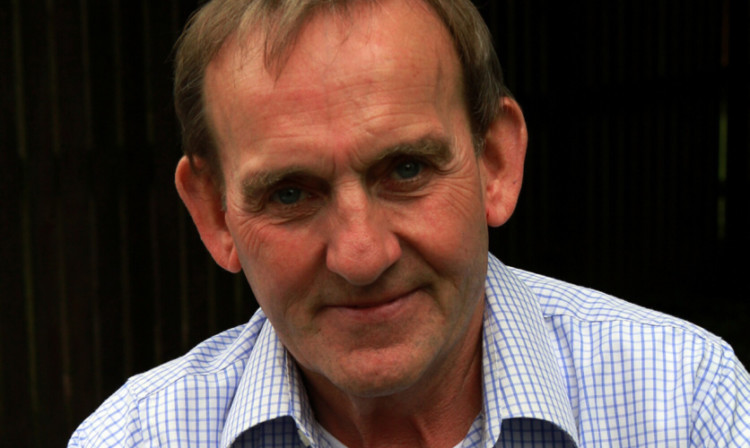A Dundee grandfather endured almost three years of hell after being wrongly diagnosed with terminal lung cancer.
Roger Mollison, 66, was warned he had just nine months to live after tests appeared to show he had developed lethal mesothelioma which is caused by exposure to asbestos.
He gave up his job as a hospital porter and began chemotherapy in the hope of beating the disease.
He survived to see his son get married, and see two new grandchildren and two great-grandchildren born.
He also found himself able to go cycling in between chemotherapy sessions an achievement which stunned staff in the oncology ward.
At the end of March, almost three years after the original diagnosis at Ninewells Hospital, he discovered he had another asbestos-related condition that is not life-threatening.
“I’ve spent almost three years fearing I’d die any time and my family have suffered horribly,” he said.
“I was shocked to the core when they told me the original lab results were wrong. It is wonderful to know that I am not dying but I have lost all confidence in doctors.”
Mr Mollison began suffering breathing problems several years ago and was admitted to Ninewells before being referred to a specialist.
Suspected mesothelioma was diagnosed with exposure to asbestos in a previous job the probable reason.
The father-of-two believed he was to become one of the 2,000 UK men whose lives are claimed by the disease each year.
Palliative care nurses advised him how best to spend the time he had left. He started chemotherapy but did not deteriorate.
Mr Mollison instructed his lawyers, Digby Brown, to prepare a claim for compensation against the insurers of his former employers, and they sent him for fresh tests.
The second opinion confirmed he is “unlikely to have mesothelioma”.
His wife, Liz, said: “We are hugely relieved Roger is not desperately ill but devastated about what we all went through. Surely these hospital tests should always be checked and rechecked.”
Solicitor Euan Love, of Digby Brown, said: “This has been extremely traumatic for him and his family. We are discussing ways to resolve his case and obtain compensation for the asbestos-related conditions he does have and for what he has had to endure since his original diagnosis.”
NHS Tayside said due to patient confidentiality they could not comment on individual cases.
